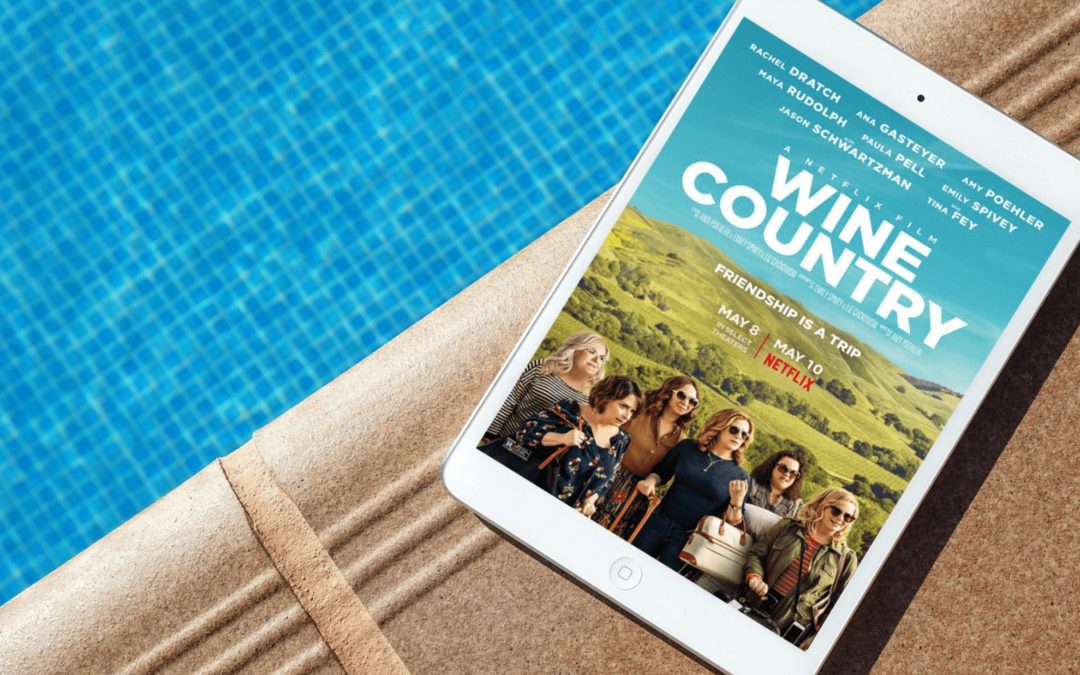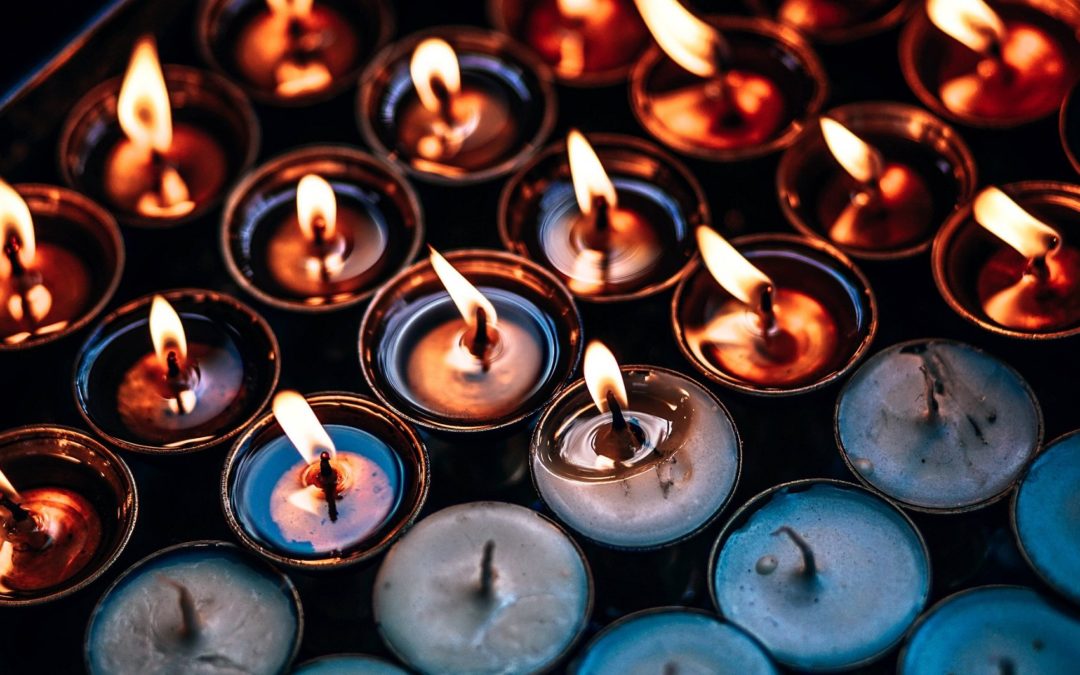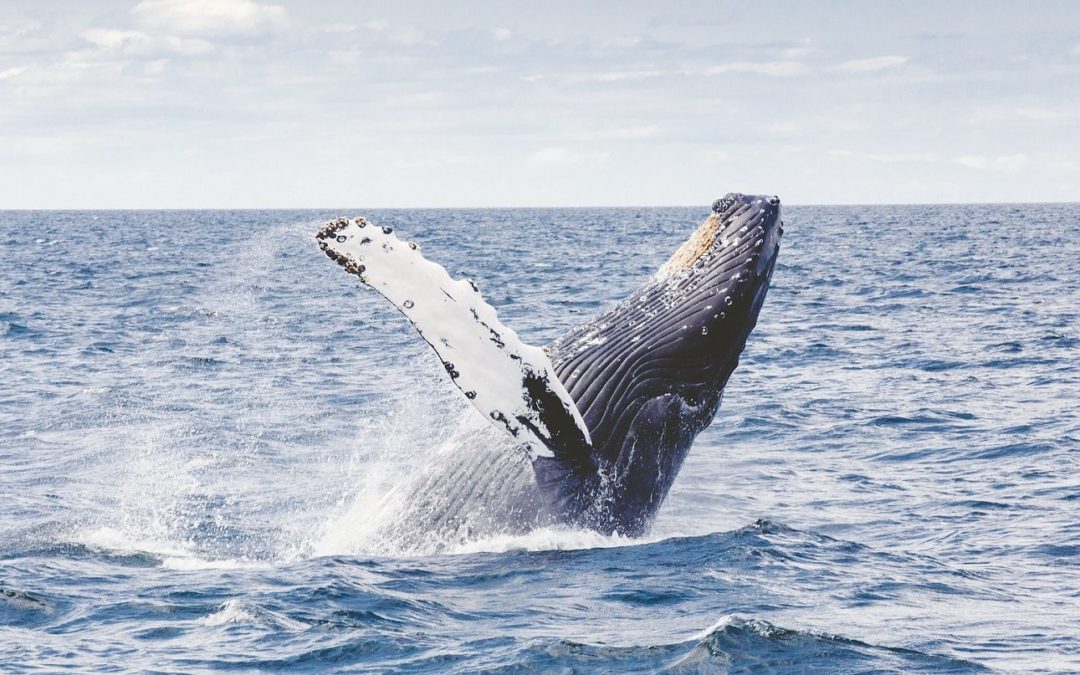
Bad Art Is Fabulous in So Many Ways
Bad Art Is Fabulous in So Many Ways
‘Our spiritualities will be found not in what we profess, but in where our energies are most invested most hours of most days.’
James Hollis
Bad art is fabulous in so many ways.
Instead of letting poor writing or bad movies depress you, you can use them to inspire you. They can be a source of deep learning. In talks or on retreats, I bring out two books to prove my point that anyone can write a book – Roundabouts of Great Britain and Images You Should Not Masturbate To, both published by traditional publisher. True.
I’m right in the heart of writing my new book, The Sabbatical, about a group of women in their fifties, in which I want to shatter and refuse to accede to the defeating clichés about midlife, you know – the despair about ageing, sunspots, wrinkles, crowsfeet, the paunch, urinary incontinence, the muffin top, the weight gain, the libido-MIA, senile warts, the onset of all kinds of age-related (age-appropriate) wear ‘n tear, conditions, even diseases. We are worn-down-to-death by these narratives, they offer us nothing but same-old stories; an accession to decrepitude; more of what came before.
The Sabbatical is the third in the trilogy of Secret Mother’s Business, and explores the empty nest, divorce, widowhood, sickness, regret, relationships with adult children and the deep questions of what our responsibility is to the younger generation. I just didn’t want to fall into the bemoaning trap: getting old sucks, we’re invisible, woe are our tired-dried-up bits; let’s have another glass of wine.
So I was excited to see Amy Poehler’s directorial debut in the movie Wine Country, about a group of old friends who go off to Napa Valley to celebrate one of the friend’s 50th birthdays. Finally, a movie about women my age – ’bout time. I settled down to watch this, with huge anticipation thinking it would surely give me inspiration.

Joanne Fedler
Author, writing mentor, retreat leader. I’m an internationally bestselling author of nine books, inspirational speaker and writing mentor. I’ve had books published in just about every genre- fiction, non-fiction, self-help, memoir – by some of the top publishing houses in the world. My books have sold over 650 000 copies and have been translated in a range of languages. Two of my books have been #1 Amazon bestsellers, and at one point the German edition of Secret Mothers’ Business outsold Harry Potter- crazy, right?
I am always loathe to take up the role of the critic, it being such an easy, lazy position, generally by people who don’t create themselves. But – and this is a strong opinion – I detested this movie. If that’s what women become in our midlife, we are surely doomed – ridiculous, alcohol-motivated, sex-with-younger-men-seeking ego-maniacs. I wanted to be no-one in that movie. I didn’t want a single one of those women as my friends.
I love the talent of the actresses in that movie, but I wish Amy Poehler had just asked herself: what do women in their fifties need to know about themselves that society doesn’t already push down our throats? What kind of role models are women who are not obsessed with romance, body image, children and getting independently wealthy? What ‘message’ or vision of life is this movie in service to?
James Hollis writes, in Hauntings:
‘The goal of life (these days) is not an afterlife, but apparently to enjoy this one. But the materialistic vision of our time leads to this dilemma: if the numinous is not experienced in the outer world, it will manifest either as somatic illness, internalized pathology, or we will be owned by our search for it among the objects upon which we have projected our existential yearning in the outer world. Thus shiny new objects, seductive technologies, sex and romance, hedonism, self-absorption and most of all, distraction, constitute the chief ‘spiritualities’ of our time.’
Wine Country has been a great inspiration for my new book but not in the way I expected. It has helped me clarify the kind of women, conversations and bigger picture message I want my book to convey by showing me what I surely do NOT want to reflect back to readers. I want readers to finish my book, excited about ageing; their inner wisdom and the strength of their life experience to offer light to the younger generation.
So, I guess, thanks Amy Poehler for the awfulness that is Wine Country which has helped me shape, conceive and give life to my characters – women who are, each in their own way, strong leaders, deep thinkers, and who are taking our responsibility to lives beyond our egos, seriously.





